15 Must-Know International Travel Tips For 2025
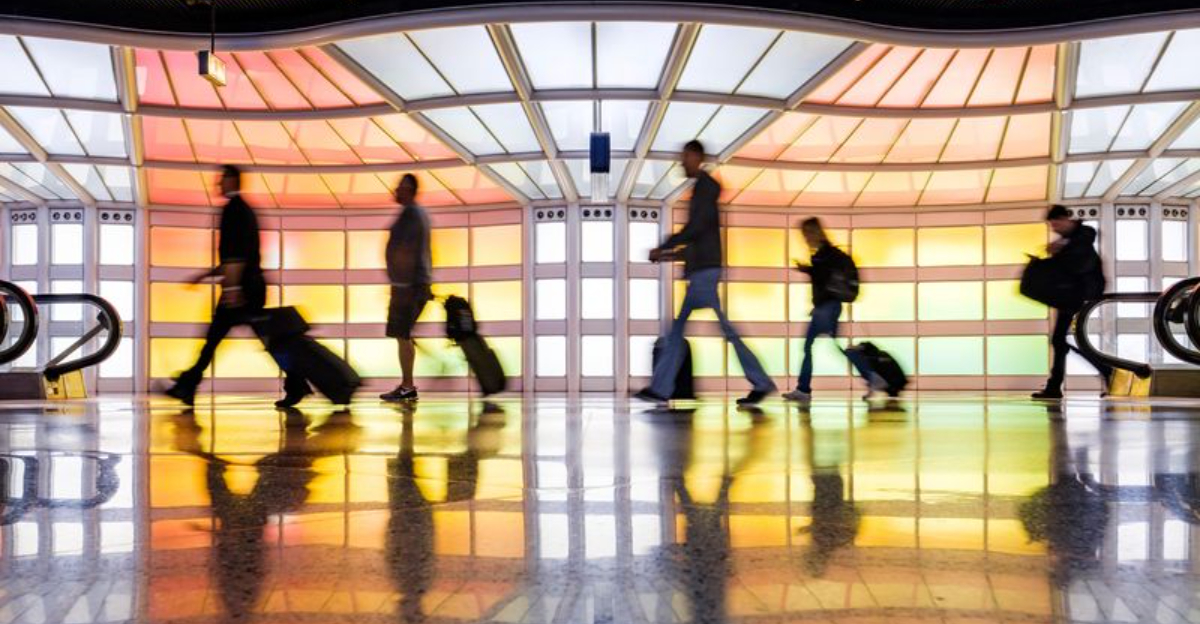
Gone are the days when a passport and plane ticket were all you needed. Today’s international travel requires a bit more strategy, from understanding health requirements to managing digital documentation.
I’ve gathered the most up-to-date advice to help you travel smarter in 2025—so you can focus more on the experience and less on the stress. Ready to cross some borders with confidence?
Here’s what you need to know before takeoff.
1. Check Passport Validity
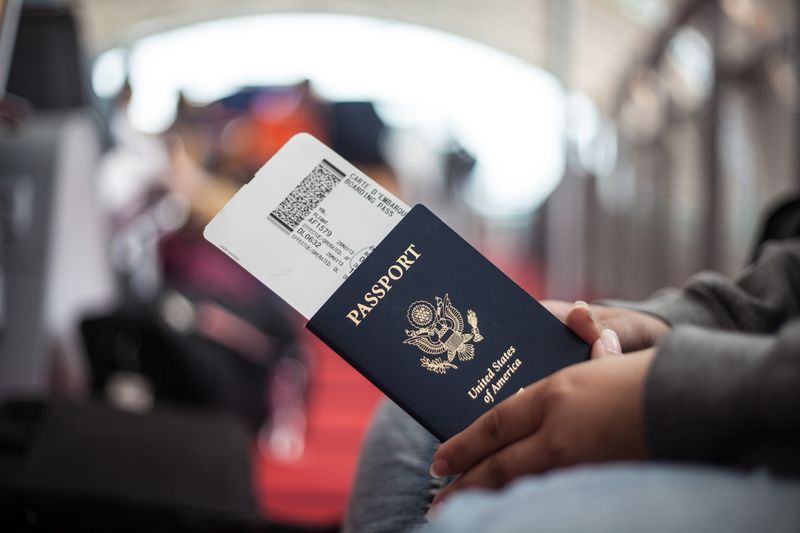
Many countries now require your passport to be valid for at least six months beyond your planned return date. Imagine arriving at the airport only to be denied boarding because your passport expires too soon!
I recommend checking your passport’s expiration date the moment you start planning your trip. Some nations have even stricter requirements, demanding 9-12 months of validity post-departure.
Renewal processing times have increased significantly, sometimes taking 12+ weeks in 2025. Don’t wait until the last minute – verify requirements for your specific destination and renew early if needed.
2. Download Offline Maps
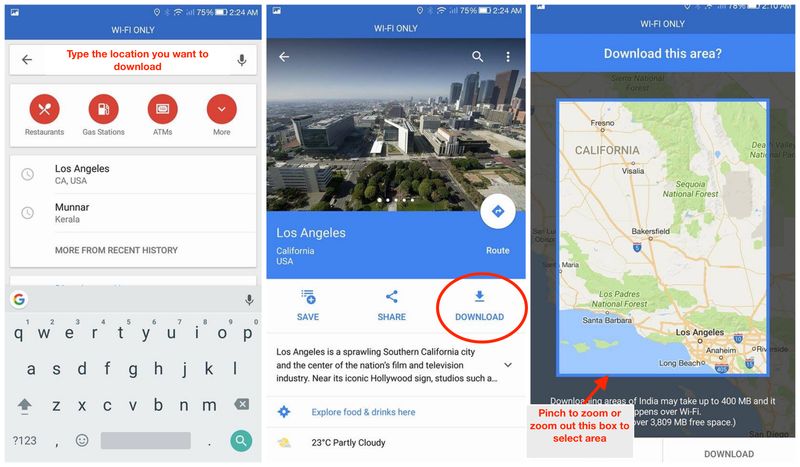
Mobile data can be unreliable or expensive abroad, making offline maps absolutely essential. Before departing, download detailed maps of your destinations using apps like Maps.me or Google Maps offline feature.
I always mark important locations like my accommodation, emergency services, and planned attractions ahead of time. This simple preparation has saved me countless times when navigating unfamiliar streets without internet access.
The latest mapping apps now include augmented reality features that work offline. These can display directions overlaid on your camera view, making navigation intuitive even in complex urban environments where traditional maps might be confusing.
3. Carry Digital Copies

Losing important documents abroad can quickly derail your trip. I store encrypted digital copies of my passport, visa, insurance policy, and reservations in multiple secure locations.
Cloud storage services offer easy access from any device, but make sure you’re using one with strong encryption. Additionally, keep a separate offline copy on your phone and a password-protected USB drive.
New digital identity verification platforms now allow travelers to securely share document information with authorities without physical papers. Setting these up before your trip can streamline airport procedures and help during emergencies when physical documents are lost or stolen.
4. Learn Key Phrases

Translation apps have improved dramatically, but nothing replaces knowing basic phrases in the local language. Locals genuinely appreciate visitors who make an effort to communicate in their tongue, even imperfectly.
Focus on learning practical expressions for emergencies, directions, ordering food, and basic courtesies. Practice pronunciation using language apps with voice recognition to ensure you’re understood.
Cultural context matters too – in some countries, certain gestures or direct translations can be considered rude. Understanding not just the words but how and when to use them shows respect and can transform your travel experience from tourist to welcomed guest.
5. Avoid Airport Currency Exchange

Airport currency exchanges typically offer the worst rates, sometimes charging up to 10-15% more than you’d pay elsewhere. I’ve saved hundreds by using alternative options that have become even more accessible in 2025.
Multi-currency digital wallets now allow instant currency conversion at market rates. These apps let you spend locally without the hefty fees traditional exchanges charge.
If you prefer physical cash, withdraw directly from local ATMs after arrival using cards with no foreign transaction fees. Just remember to notify your bank of your travel plans beforehand to prevent your card from being flagged for suspicious activity when used internationally.
6. Use E-SIM Technology
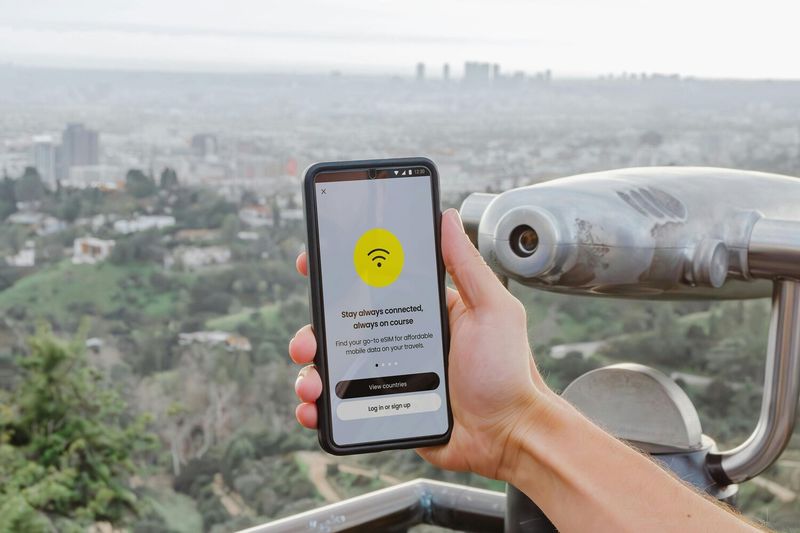
Traditional physical SIM cards are becoming obsolete for international travelers. E-SIM technology allows you to digitally switch carriers without physically changing cards in your device.
Setting up is remarkably simple – I purchase and activate international data plans before leaving home. This means I have connectivity the moment my plane lands, without hunting for local SIM cards or paying excessive roaming fees.
Most newer smartphones support E-SIMs, but verify compatibility before your trip. The convenience is game-changing – you can maintain your home number for important calls while using local data rates, and even switch between carriers if coverage is better with different providers in different regions.
7. Get Travel Insurance

Medical emergencies abroad can be financially devastating without proper insurance. A friend needed emergency surgery in Switzerland and faced a $30,000 bill – thankfully covered entirely by their travel insurance.
Modern policies now include benefits beyond medical coverage. Look for plans with trip cancellation protection, emergency evacuation, coverage for adventure activities, and even compensation for major travel delays.
New parametric insurance options automatically process claims and provide instant payouts when specific conditions occur, like flight delays exceeding certain hours. This immediate compensation helps manage unexpected costs without waiting for traditional claim processing, making travel disruptions less stressful.
8. Verify Visa Policies
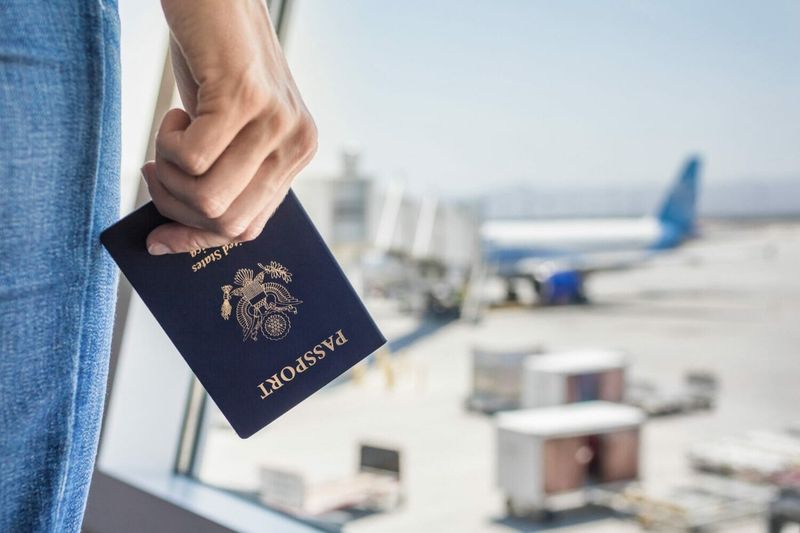
Visa requirements change constantly, sometimes with little notice. Countries that previously allowed visa-free entry might now require electronic travel authorizations or have implemented new restrictions.
I always check official embassy websites rather than relying on third-party information. Processing times have increased in many regions, so apply well in advance – at least 2-3 months before your planned departure.
Digital nomad visas have expanded to over 50 countries by 2025, offering longer stays for remote workers. If you plan to work while traveling, these specialized visas provide legal status and often tax benefits compared to tourist visas, though they typically require proof of income and comprehensive insurance.
9. Research Entry Requirements
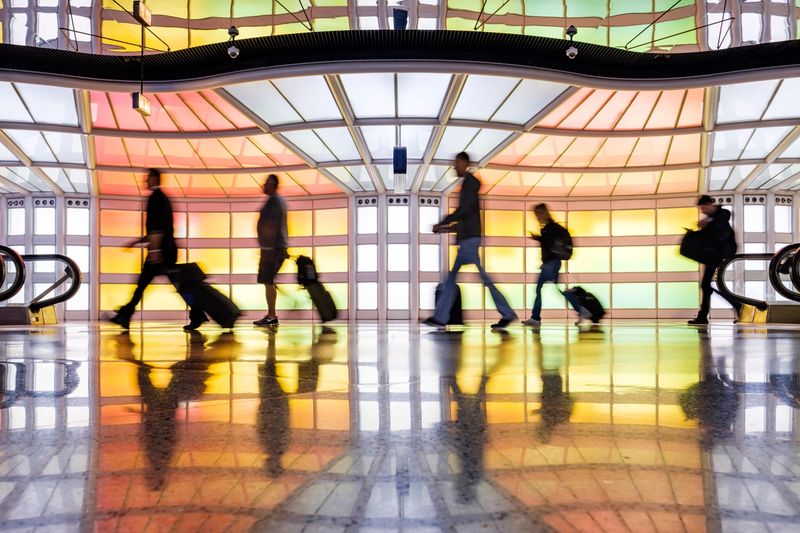
Entry requirements change frequently and vary dramatically between countries in 2025. Some nations now require digital pre-registration even for visa-exempt travelers, while others have implemented biometric verification systems.
I’ve found that official government websites are the most reliable sources for current information. Don’t rely on outdated travel blogs or secondhand advice that might cost you entry upon arrival.
Health documentation requirements continue to evolve post-pandemic. Create a digital folder with all necessary documents including vaccination records, travel insurance proof, and return ticket confirmations to avoid unexpected issues.
10. Prep for Delays
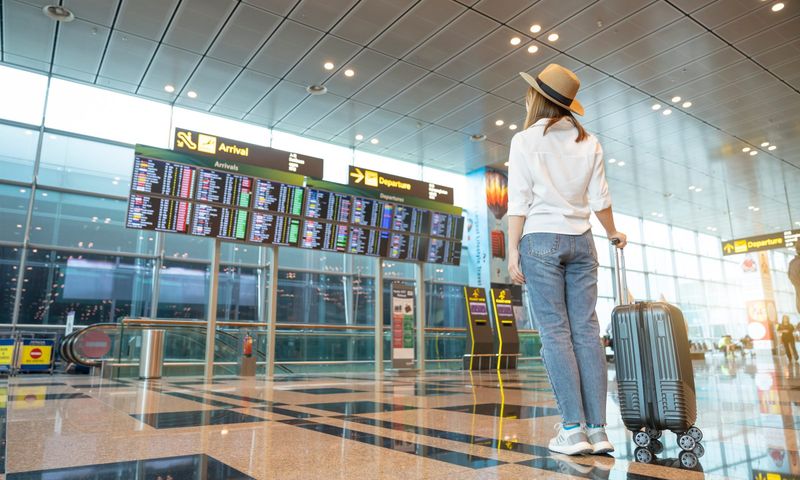
Flight disruptions have become increasingly common due to climate events, staff shortages, and technological issues. Having a contingency plan can save your trip when things go wrong.
Download your airline’s app and enable notifications to receive immediate updates about gate changes or delays. Pack essential items in your carry-on – medications, basic toiletries, a change of clothes, and electronics with chargers.
Familiarize yourself with your passenger rights regarding compensation for significant delays or cancellations. Many travelers don’t realize they’re entitled to meals, accommodation, or even cash compensation depending on the circumstances and region. Save relevant contact information and policy details before your trip.
11. Use Secure Wi-Fi

Public Wi-Fi networks remain major security vulnerabilities for travelers. Hackers can easily intercept data on unsecured networks, potentially accessing your banking details, passwords, and personal information.
I never access sensitive accounts on public Wi-Fi without using a VPN (Virtual Private Network). Modern VPNs are user-friendly and create an encrypted connection that protects your data from prying eyes.
Consider investing in a portable hotspot device with international coverage for truly secure connectivity. These devices have become more affordable and efficient in 2025, offering secure internet access without depending on potentially compromised public networks in hotels, airports, or cafes.
12. Register with STEP

The Smart Traveler Enrollment Program (STEP) is a free service allowing U.S. citizens traveling abroad to register their trip with the nearest Embassy or Consulate. Similar programs exist for citizens of other countries.
Registration helps the embassy contact you during emergencies like natural disasters, civil unrest, or family emergencies. They can provide crucial assistance when you need it most.
The updated STEP system now includes enhanced location tracking options you can activate during crises. This feature helps authorities locate you quickly during evacuations or emergencies, potentially making the difference between being left behind or reached for assistance when communication infrastructure fails.
13. Book in Advance
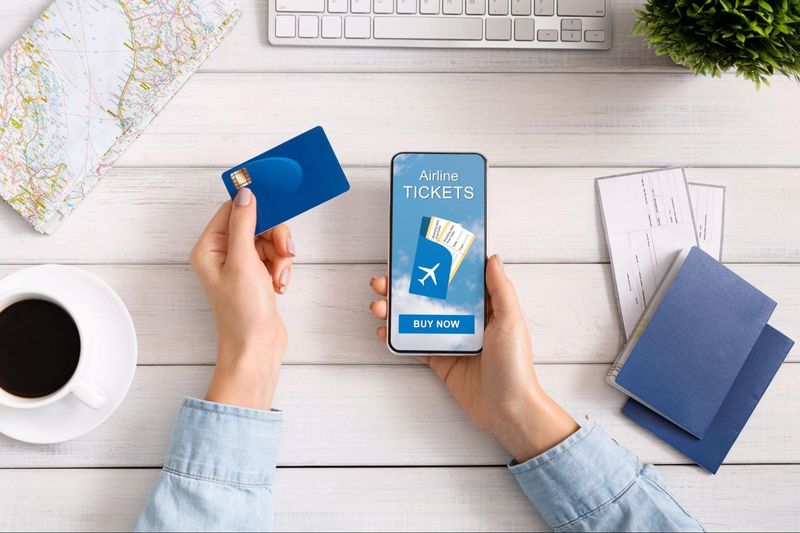
The days of spontaneous travel without reservations are increasingly challenging. Popular attractions now use timed entry systems requiring advance booking, sometimes months ahead for peak seasons.
I’ve learned this lesson the hard way after being turned away from museums and parks that were supposedly “must-see” destinations. Many now limit daily visitors for conservation and crowd management reasons.
Accommodation prices also fluctuate dramatically, typically increasing as your travel date approaches. Booking transportation and lodging well in advance not only secures your spot but often saves significant money. Just be sure to understand cancellation policies in case your plans change.
14. Bring Power Adapter
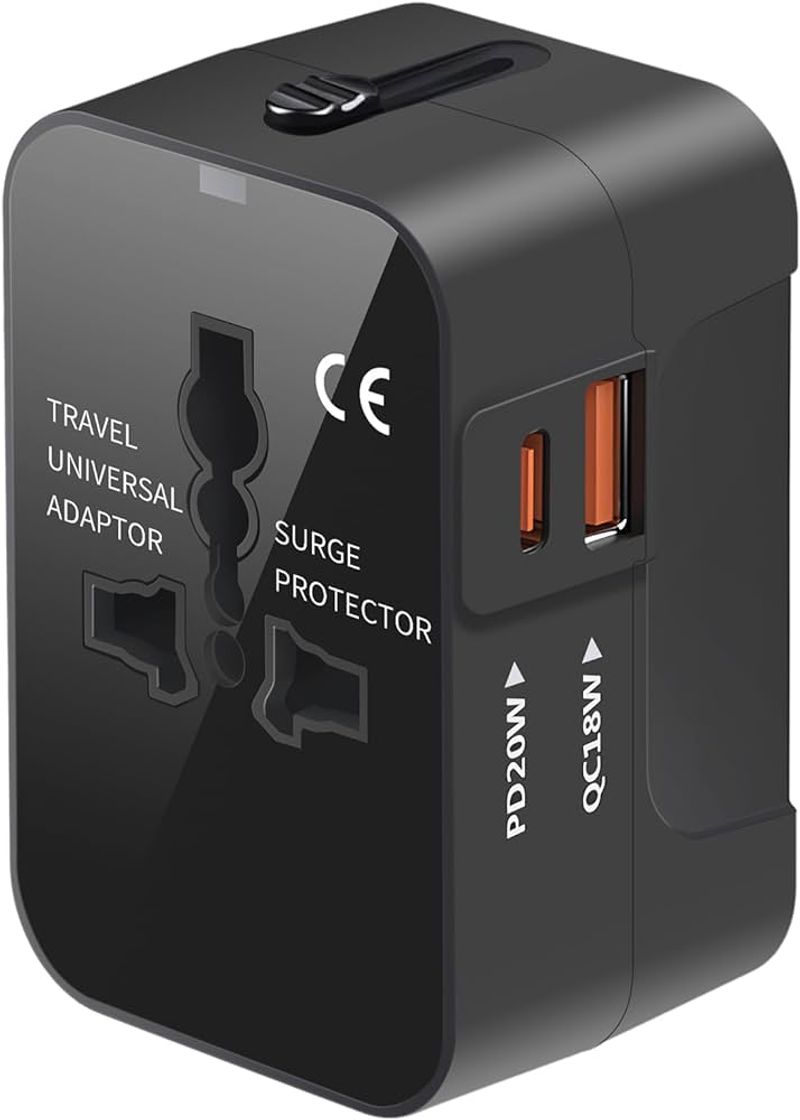
Different countries use various electrical outlet designs and voltages. Without proper adapters, your devices might be unusable or even damaged when plugged in abroad.
Universal travel adapters have evolved significantly, now featuring multiple USB ports and USB-C power delivery alongside traditional plugs. The best models automatically adjust to different voltages, eliminating the need for separate converters for most modern electronics.
Consider power banks with high capacity for emergencies. The latest models can fully charge laptops and other high-power devices multiple times. This backup power source is invaluable during long flights, unexpected delays, or stays in areas with unreliable electricity.
15. Watch Local News

Staying informed about local conditions can help you avoid dangerous situations and take advantage of unexpected opportunities. Translation apps now offer real-time news translation, making it easier than ever to follow local media.
Local news sources cover events that international media might ignore – from transportation strikes to neighborhood festivals. This information helps you adjust plans accordingly and experience authentic local culture.
Weather warnings are particularly important to monitor locally. Climate change has increased extreme weather events worldwide, and local meteorological services provide the most accurate, up-to-date forecasts specific to your location, potentially helping you avoid dangerous conditions.
